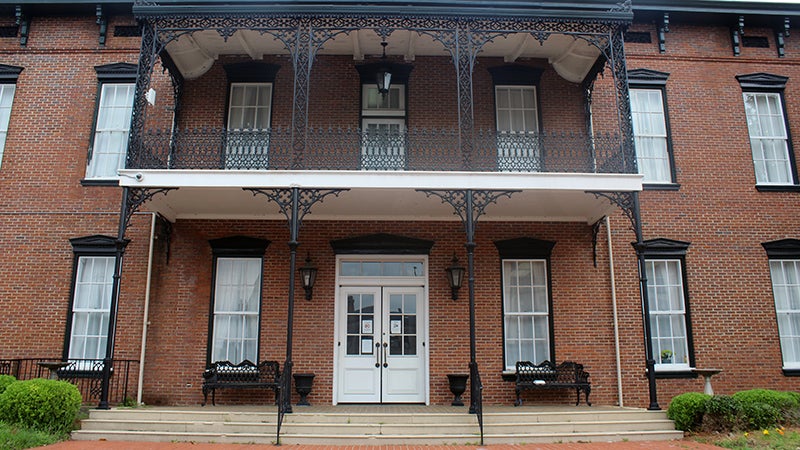African-American genealogy boosted
Published 7:36 pm Saturday, February 20, 2010
Until recent years someone with an African-American background had a difficult time researching ancestors.
The reasons are obvious: slave owners kept records only by first names or pet names, and slaves were traded often and some slaves would run away and assume new identities north of the Mason-Dixon Line to protect themselves from bounty hunters.
Thus, groups formed all over the county to search for family lines among African-Americans.
That’s one of the reasons the Black Belt African-American Genealogical and Historical Society formed about three years ago.
“We wanted to get black history and black genealogy,” said society president Elvin D. Lang. “Those were the main points are starting the organization.”
On Saturday at the Selma-Dallas County Public Library, that search for black history and genealogy continued at the society’s fourth annual conference, which attracts people from all over the country.
“We have had people from all 50 states to attend,” said Lang. “We have people here from Chicago and Los Angles. So we are becoming well-known.”
Those who attended Saturday heard Mary Jones-Fitts of Demopolis talk about how to start tracking down the branches of the family tree and the best methods to use.
Fitts started her search at a young age.
“I lived with my grandmother in my teenage years,” said Fitts. “She told me all sorts of stories and when she died I got started in her honor.”
Fitts has helped so many people begin to find their roots that she was honored Saturday with the society’s Genealogy Award for her work in the Black Belt region.
Other speakers included Suhaila Row Thames and Kristin Cleage Williams.
Thames, who has lived in the Auburn-Opelika area since she was 6 years old spoke about reviving her family reunion and how to effectively manage reunions.
“It’s a lot of hard work,” said Thames. “Thankfully this year I only have to handle the mail outs.”
The Lincolnite Club, Inc. Marion Chapter received the society’s Preservation Award for its work to maintain the buildings and grounds of the former Lincoln School, which was opened in 1867 to educate newly freed slaves.
The society sponsors this conference in Selma each year. Additionally it holds workshops and programs throughout the Black Belt.




